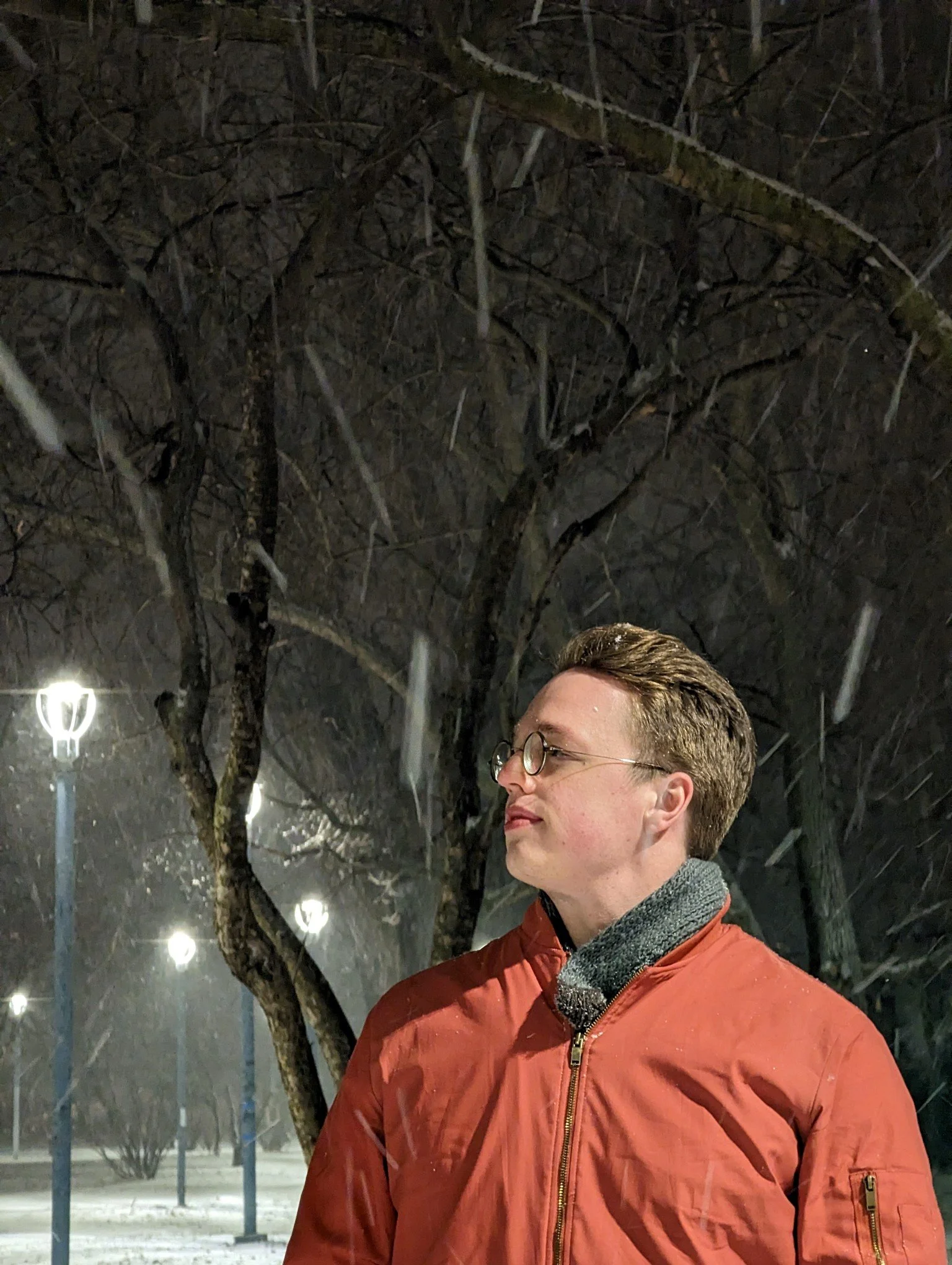I am a music theorist who explores tensions between genre, theory, and technology in popular and classical music. I am particularly interested in how conceptual and musical systems respond to technological disruptions.
My book project, Extreme Metal Across the Digital Divide, examines how an underground genre of music tried to reconcile the pursuit of escalation with inherited traditions. His research appears in or has been accepted to Music Theory Spectrum, Indiana Theory Review, and edited collections. He approaches music theory as translation between sound, interfaces, and cultures and is committed to preparing his students to thrive in a changing future.
Currently, I am a Teaching Fellow in the Department of Music and the College at the University of Chicago, where I earned my Ph.D. in 2023. I also hold an M.A. and B.A. from the University of Vienna and have college-equivalent training in graphic design and communications. Although this portfolio focuses on my research and teaching, it also includes creative work. In my free time, I enjoy resistance training, cooking, and meditation.
Research
Extreme Metal Across the Digital Divide: Music, Technology, Genre
Book project
This project analyzes how heavy metal radicalized into different “extreme” subgenres in response to the analog-to-digital transition. Amid unequal access to digital studio technology, musicians had to reconcile conflicting values of tradition and escalation. I draw on archival materials, interviews, and artifacts to reconstruct the dialectic between what actors want technologies to be and what these tools could do. Rather than focusing on the outrageousness of this music and its relationship to mainstreams, I tell stories of how sonic intentions clash with economic and engineering challenges specific to the 1980s and 1990s.
My most recent research examines how online platforms remix genre norms in the present. For example, in an analysis of cross-genre reaction videos, I demonstrate how algorithmic feedback loops between audiences and creators challenge logics of expertise in hip-hop and metal music.
Analytical Technologies and Their Limit Cases
Second research focus
Odds and Ends
Ideas and seeds for future research
I also research and teach on the interaction of theory, analysis, and history in Western art music. I am fascinated by cases where commitments to systematic consistency lead standard methods astray, especially in repertoire that should be their home territory. In a recent article on major third cycles in Mozart, I show how Schenkerian and neo-Riemannian approaches share a blind spot for mixed voice-leading patterns in these sequences. I am currently working on an article on form and non-linear temporality in the symphonies of Anton Bruckner.
Potential future avenues for my research beyond these two focal points lie in three long-standing passions of mine: exercise science, meditation, and the language and philosophical heritage of China. Thinking musicality as athletics, the study of distraction and self-mastery in digital ecologies, and an interest in Chinese extreme metal and appropriations of Daoism are at the back of my head and may, in time, take a front seat.
